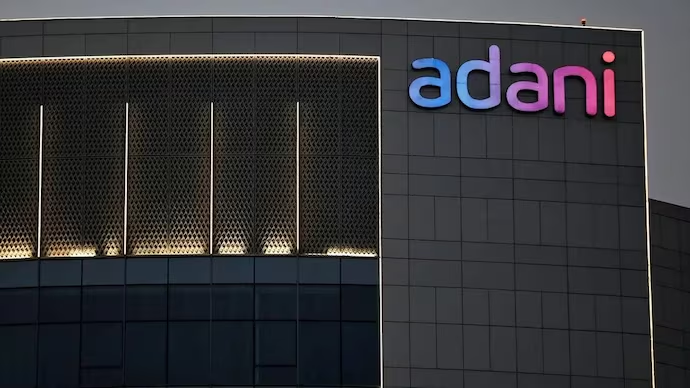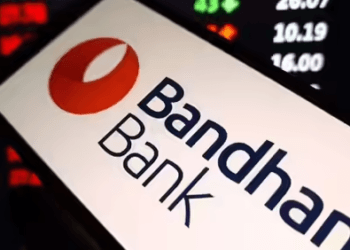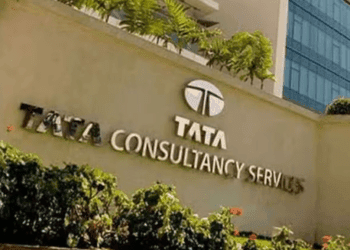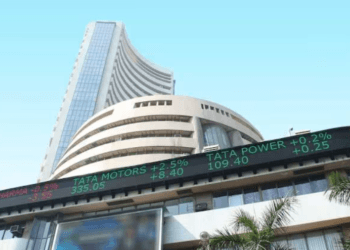Athira Sethu
Kochi, 22 November 2024
Shares of India’s Adani Group slid for a second day following an arrest warrant issued by U.S. authorities for the group’s founder, Gautam Adani, over an alleged bribery scheme worth $265 million. Adani Green Energy, which is at the heart of the case, dropped 8% in early trading and lost around $7 billion in market value since the news broke.
The total amount that the Adani Group’s stocks have lost is $33 billion. The US prosecutors have charged Adani and seven others of paying bribes to the officials of the Indian government. According to them, these bribes were given to secure contracts worth $2 billion in profits over 20 years and to develop India’s largest solar power plant. Refusing the allegations, the Adani Group termed it “completely baseless” and stated that it would seek legal action.
The bonds of Adani Ports and Special Economic Zone declined due to the news; even longer-term debt bonds fell. Rating agency S&P said the group’s growth plans could be affected and challenged because banks and investors may restrict their exposure to Adani companies. S&P also states that if these companies, that is, Adani Electricity, Adani Ports, and Adani Green Energy, face a challenge in raising funds, it could lower their ratings.
The controversy has also spooked some deals. Kenya canceled a close to $2 billion project to hand over the control of its main airport to Adani. The country canceled a separate $736 million power transmission deal with an Adani company.
This scandal has left several questions regarding international investments in the renewable energy sector in India, which could indeed stall because of a lack of transparency. The Adani Green Energy company canceled its planned $600 million bond sale in the U.S.
According to US prosecutors, Adani and his nephew Sagar Adani and others had paid bribes for business privileges, especially in renewable energy projects that favored Adani Green and Azure Power, a company allegedly connected with Adani. The group is also said to have misled investors, including Americans, about the ongoing investigation. Still, Indian banks’ exposure to Adani remains below 1% of their total loans, Citigroup analysts noted.





















